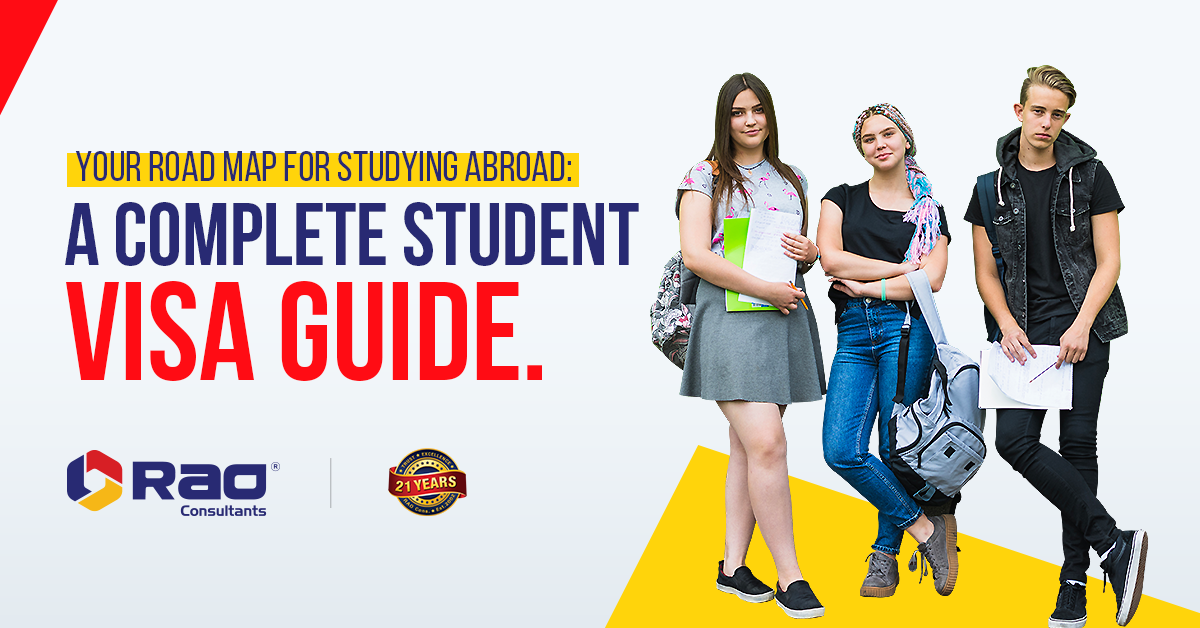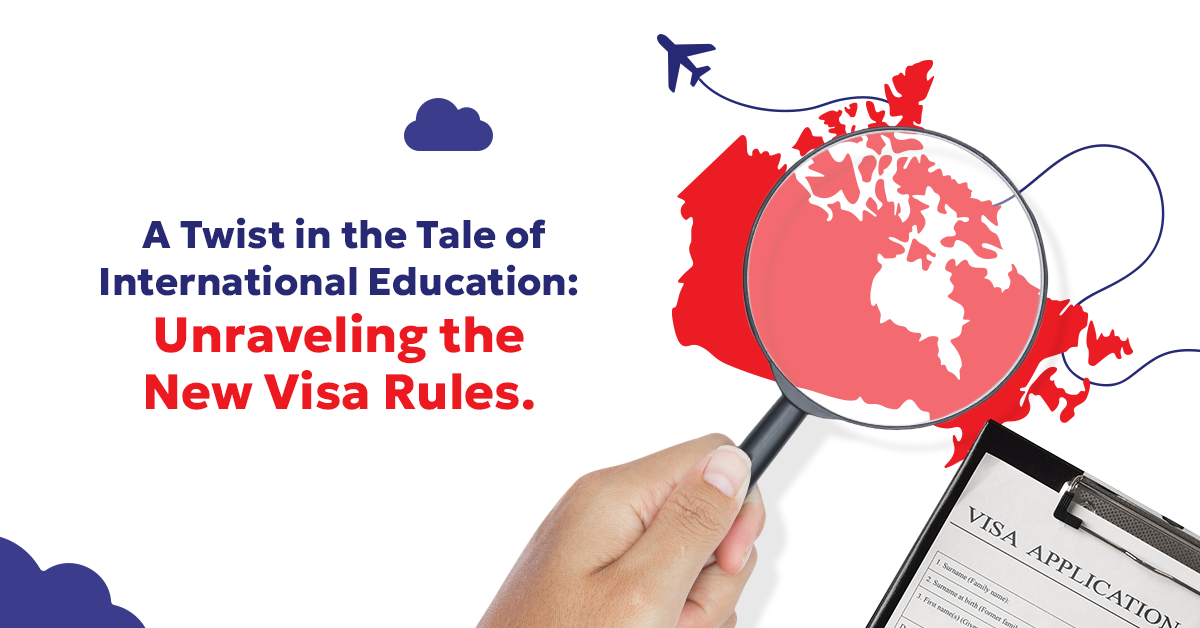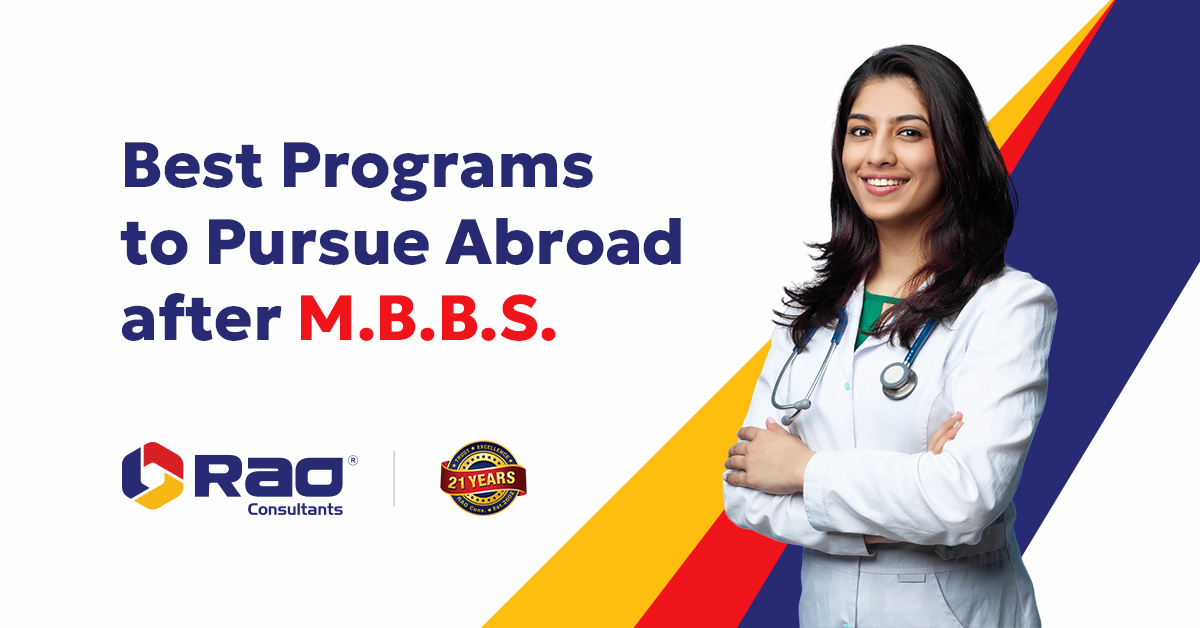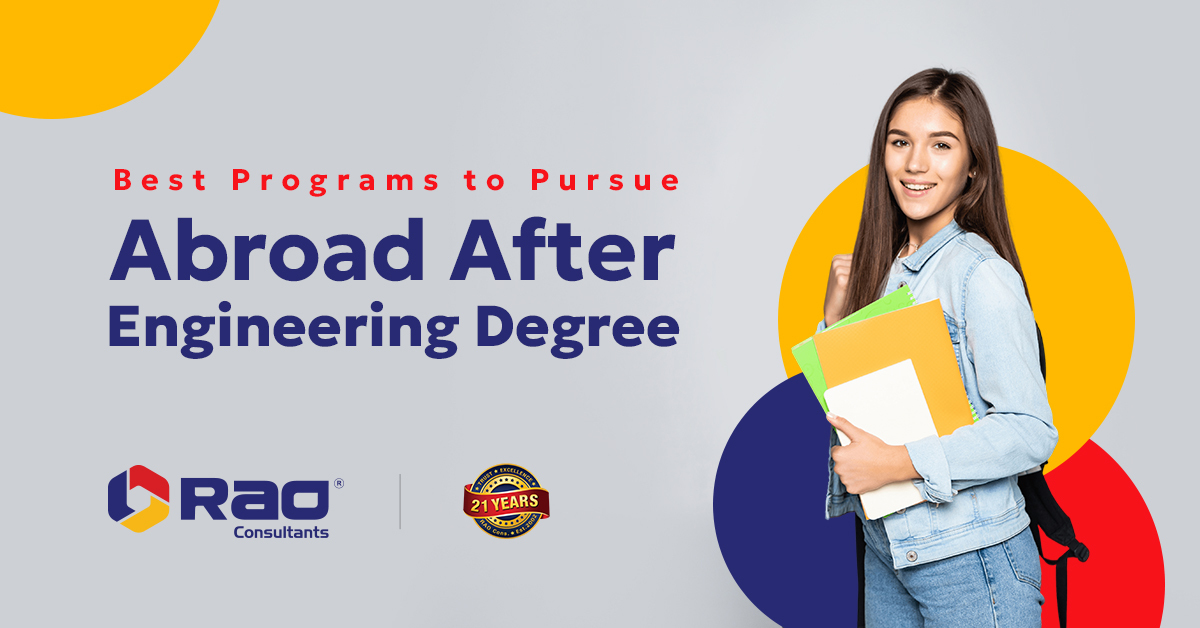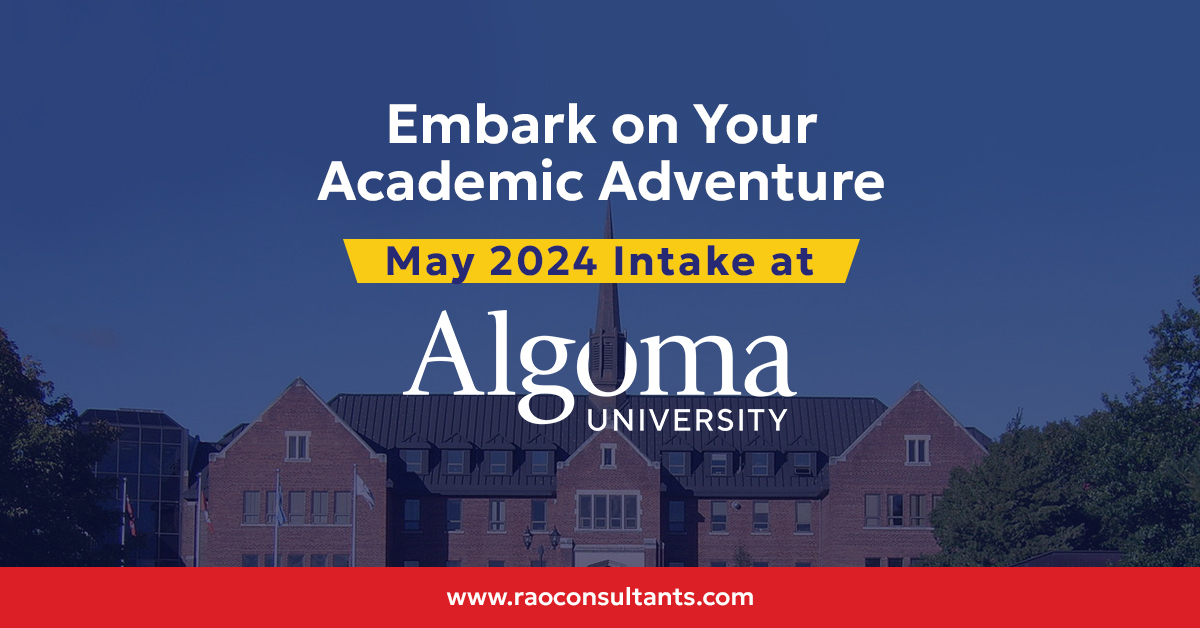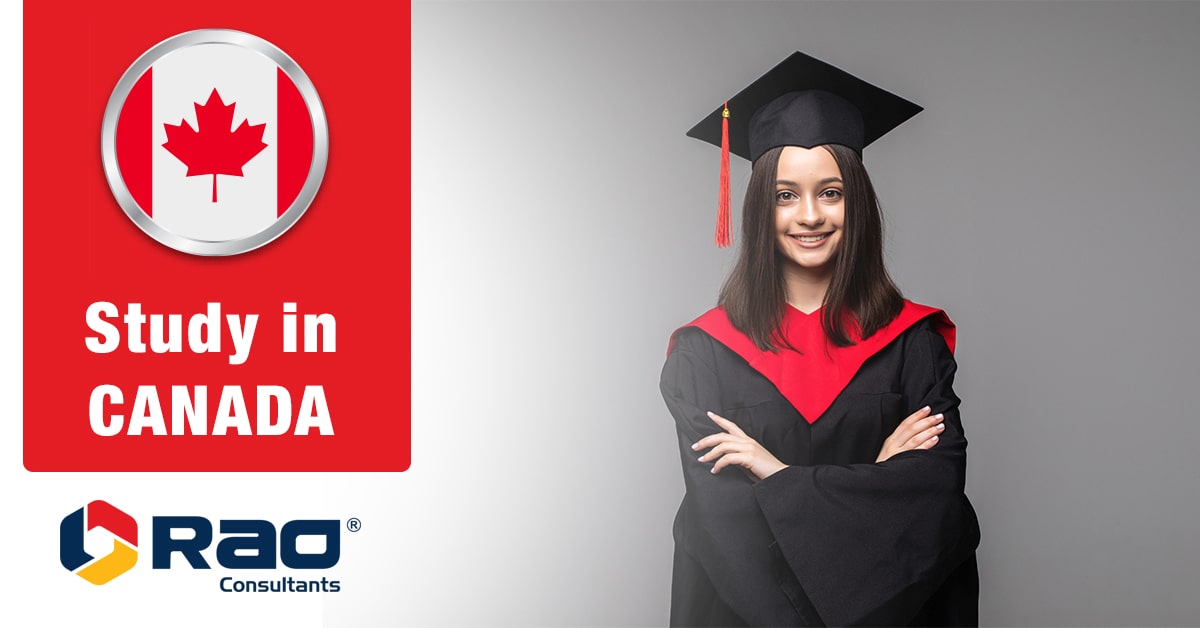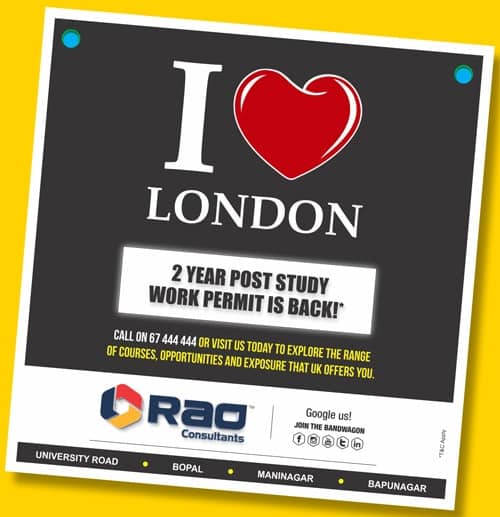It’s no shocking news that every student is looking for better opportunities, practical study methods, and a career that makes them succeed ahead and secure their future eventually. We at …
Just when you thought you had it all figured out, the game rules changed.” In the dynamic world of international education, this statement rings truer than ever. Recent changes to …
The world is evolving at a breakneck pace, and the job market is no exception. New technologies continually emerge, and businesses must adapt to meet evolving customer needs. Consequently, employers …
As a medical graduate, you have a strong foundation in the science and practice of medicine. You have the skills and knowledge to provide high-quality care to your patients. But …
As an engineering graduate, you have a world of opportunities ahead of you. You have the skills and knowledge to solve complex problems and make a real difference in the …
Obtaining a visa to travel to another country can be a complex and often frustrating process. A visa refusal is when an applicant’s request for a visa is denied by …
Are you dreaming of pursuing your Higher Study in Canada? Algoma University is here to make that dream a reality. The university is currently accepting applications for the May 2024 …
Germany is emerging as a new hotspot for international education among students all over the world. Going by the Federal Republic Statistic Office data for the year 2020, German universities …
Today, Canada turned into a country with extraordinary demands and a high reputation owing to esteemed universities, glowing student cities and a well-organized lifestyle. The country has become the most …

